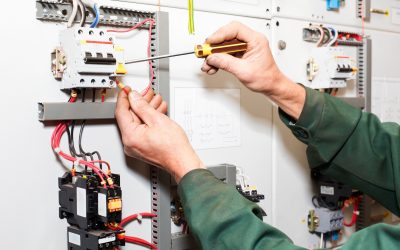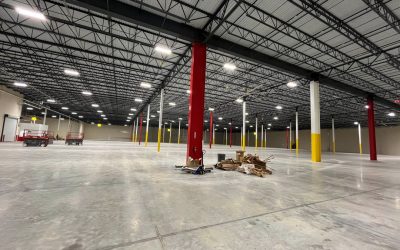Whole House Generators will keep your home’s appliances running even during a power outage. A standby, backup or emergency generator can be installed outdoors to power freezers, refrigerators, lights and even medical equipment. A generator takes over as soon as conventional power is interrupted; to aid you in your choice, this guide offers information on the different types of whole house generators on the market.
Manual or Automatic Switch
There are two types of start-up switches on generac whole house generators in New Jersey. An automatic switch will turn your generator on automatically; its main advantage is that you won’t need to be home in order to turn on the unit. If you’re a frequent traveler, or you live in an area that has frequent power outages, an automatic generator might be right for you. Automatic switches come in three sizes: 50, 100 and 200 amps. Talk to an electrician in order to determine which size meets your needs; it will cost at least $500 to install an automatic switch, according to Consumer Reports. Manual switches require that you be home in order to turn the on the unit. They’re less expensive, but also less common.
Choosing a Whole House Generator
To choose the right generator for your home, consider the appliances you’ll need to operate during an outage, and the amount of energy they use:
- Freezer
- Refrigerator
- Lighting
- Medical equipment (if applicable)
- Well pump
- Basement pump
- Septic tank
- Home electronics
- Computers/printers/routers/modems
- Phones
- Kitchen appliances
- AC units
- Garage openers
- Washer/dryer
Your decision will be largely based on whether you want to power your whole home, or just to a few necessary items. Manufacturers such as Kohler, Briggs & Stratton, Gillette and Generac make units which power limited appliances, or everything in your home.
Liquid- vs. Air-cooled
When choosing Whole House Generators New Jersey, the rule of thumb is: the more power, the more complex the generator. Air-cooled generators only offer up about 20Kw of power, which is enough for most homes. For bigger homes, a pricier, liquid-cooled unit may be needed; most of these generate at least 150Kw of energy.
By carefully considering your options and the amount of equipment you’ll need in the event of a power outage, you’ll be ready to buy the right whole house generator. If you’re still in doubt, contact W. Danley Electrical Contracting.

